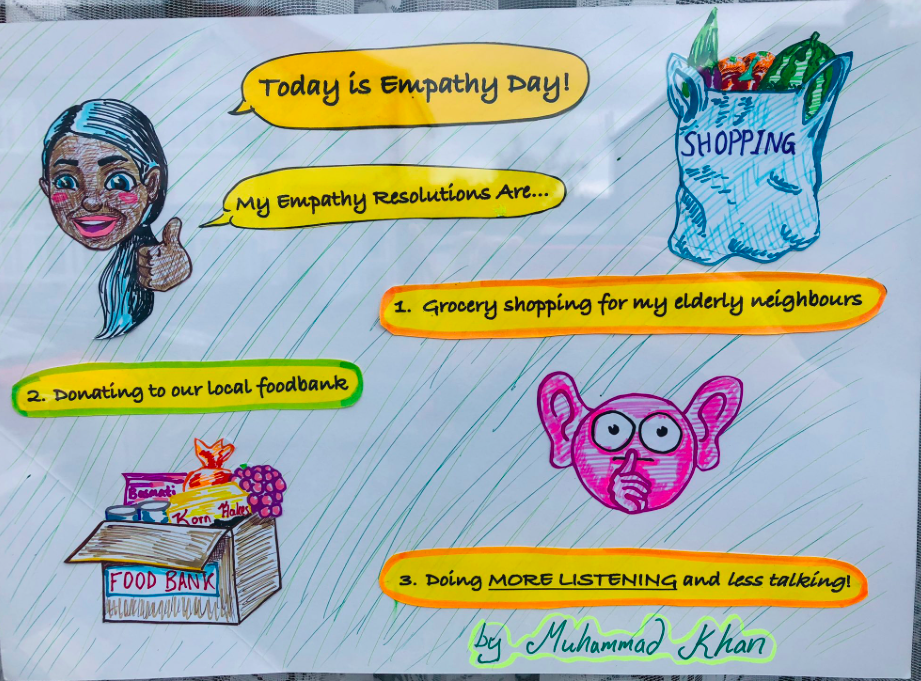 Shutterstock / fizkes©
Shutterstock / fizkes©Have you ever wished you were one of those people who has a quote for every occasion?
Whenever I’ve watched films or read books, I’ve always admired and envied characters who can pull something deep and meaningful out of the bag at just the right moment.
A Shakespearian quote. Or something powerful by Martin Luther King, Maya Angelou, Confucius or Winnie the Pooh.
People that have made sense of our feelings or certain situations, capturing it and explaining it in a succinct statement.
Unfortunately, I usually remember half the quote and totally forget who it was by. Which often sounds worse than saying nothing at all!
The Empathy Lab

Courtesy of the Empathy Lab.
This is relevant to a feature in this week’s issue in two ways.
Firstly, I remember the gist of a quote about the purpose of art — in all forms. books, dance, theatre. They all have the power to expose us to situations/ways of life/struggles that other people might face. And by understanding the struggles of as many people as possible, we become better people ourselves.
I just wish I could remember the whole quote and who it was by!
We’re human. We fear what we don’t know.
But the arts can tell us about things we don’t know.
“The Kite Runner” told us what a beautiful and kind country Afghanistan was before the foreign invasions. “Wild Swans” taught us about the hardships of life for Chinese women, “First Man” told us about the personal struggles and incredible composure of astronaut Neil Armstrong.
Secondly, so much wisdom has already been hard-earned, that it seems crazy not to take advantage of how much is out there to be absorbed.
It’s amazing that just a quote can change your attitude to a whole situation; reminding you of the bigger picture.
This is just one of the big roles that the Arts can play in our life, and why they’re so important for kids to experience as they grow.
In this week’s issue, Dawn Geddes chats to a project that aims to tackle/ benefit from both of the above — to increase empathy through reading.
Seems like such a simple idea, right?
Most readers of the “Friend” are avid readers, but until I came across this project I don’t think it really occurred to me that this was yet another benefit of reading. And reading widely.
See what you think when you read the feature.
And read more about the Empathy Lab Project on their website.
Read more from Alex over on his Features Ed blog here.
Read more from the rest of the “Friend” team by clicking here.




